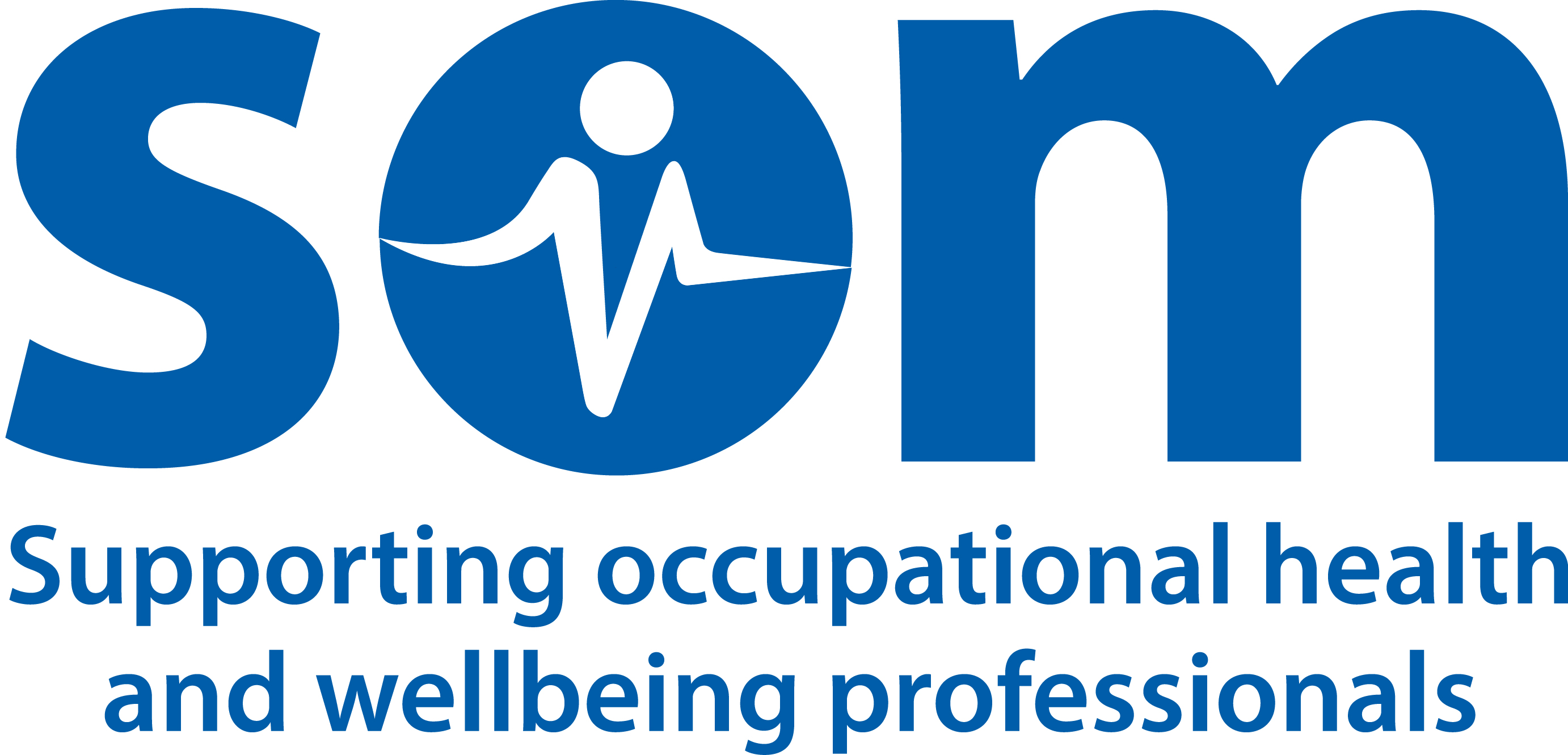
Prime Minister Rt Hon Rishi Sunak, MP announced plans today to review the fit note system for people not well enough to work.
Fit note certification should include an active review, with a triaged referral to an occupational health professional to support people remaining at, or returning to, work. A lack of basic skills in occupational health is a barrier to using the fit note to its full potential. SOM is calling for fit notes to be reviewed by health professionals trained in occupational health, with occupational health included in clinical and medical training curricula.
Only 50% of UK employees have access to occupational health and there is a pressing need for Government to fund occupational health services to ensure that potential workers with health difficulties can remain at or return to work.
As the Prime Minister states, the fit note is not being used to its full potential, unfortunately with fit notes generally focusing on the ‘not fit’ for work option, rather than the ‘may be fit for work’ section. Over a third of fit notes are issued for five weeks or longer, by which time around one in five people will never return to work.
When people see their GP team, they can often expect an all or nothing ‘sick note’. This makes it harder to manage expectations and come to a shared decision about using the ‘may be fit for work’ option. Discussing the merits of the ‘may be fit for work’ section, or a shorter review period before reassessment can be perceived as punitive by patients who expect to get ‘signed off’ and find it difficult to understand why their GP team would challenge this. That is why SOM is calling for tailored occupational health advice to be made available to patients who receive the fit note - with better use of the 'may be fit' for work section.
The Prime Minister also followed up comments made by Mel Stride, MP, the Work and Pensions Secretary of State, who recently stated his concern about the impact of mental health issues on work and suggested the normal anxieties of life are not mental health issues. SOM believe that employees still require good support from managers, and occupational health, if a health conversation is needed. There is very strong evidence that workers who have a manager who enquires about, and supports, their health enjoy better mental health and are likely to be more productive.
People who do have medically diagnosed mental health issues need appropriate support and a working environment where they can disclose their condition. For many, work is part of that support. We know good work is good for you.
The UK can achieve both workplace productivity gains and good wellbeing for employees. NHS professionals should be resourced to have time to have work related conversations; and employers should offer evidence-based support to people.
A leading researcher in this area, Gwenllian Wynne-Jones, Professor of Nursing at Keele University, said:
"There is a clear need for better support for those struggling at work through better access to occupational health. However, we must ensure that we don't disassociate the health system and healthcare professionals from supporting people to work. Effective management of sickness absence requires all stakeholders to be engaged in supporting people to manage their health at work."
See:
- Disability benefits system to be reviewed as PM outlines "moral mission" to reform welfare
- Fit Note Reform: call for evidence

